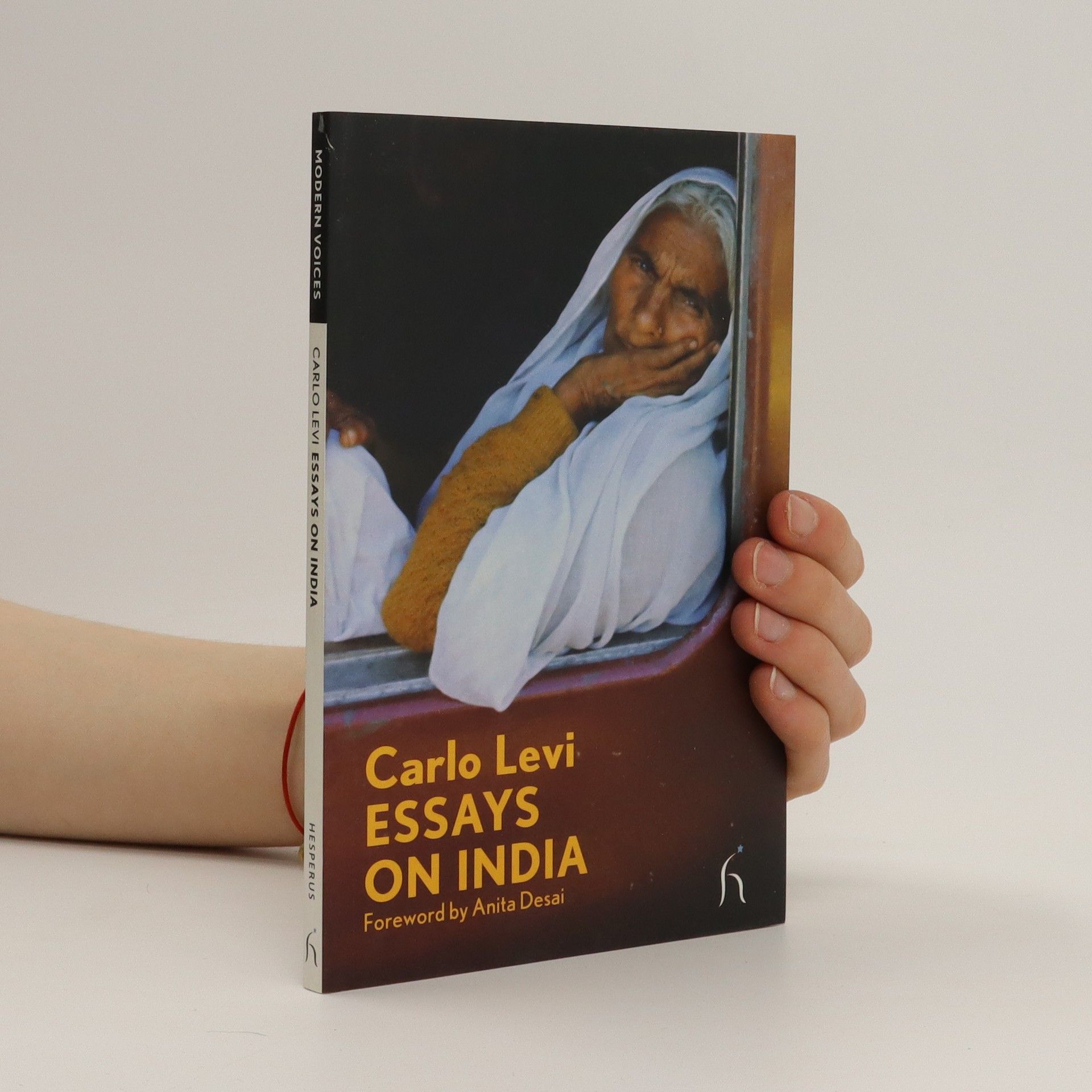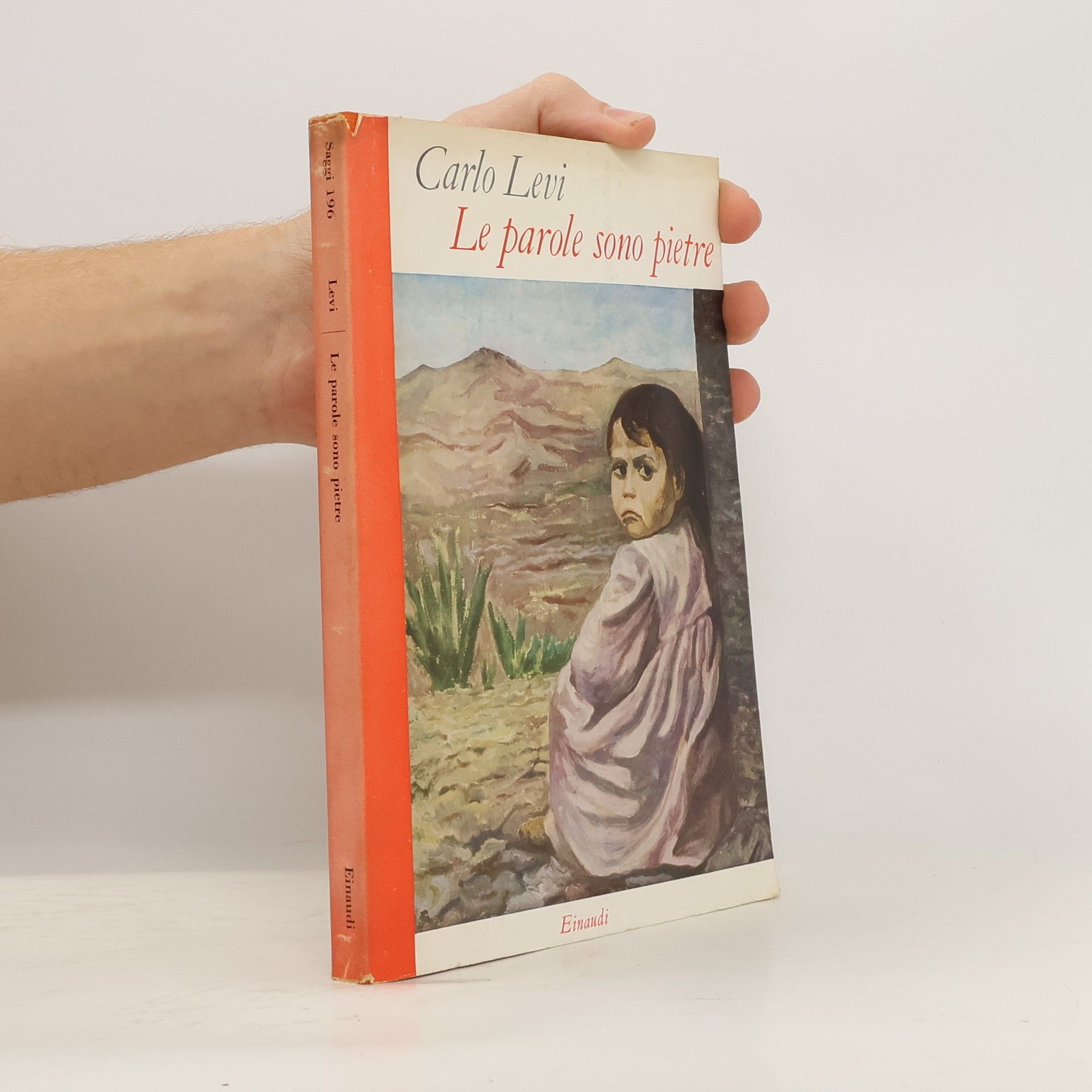"Eboli - dicono i lucani tra cui Levi fu mandato al confino dal fascismo - e l'ultimo paese di cristiani. Cristiano è uguale a uomo. Nei paesi successivi, i nostri, non si vive da cristiani, ma da animali". Dice Italo Calvino in uno dei due testi che introducono questo volume: "La peculiarità di Carlo Levi sta in questo: che egli è il testimone della presenza di un altro tempo all'interno del nostro tempo, è l'ambasciatore d'un altro mondo all'interno del nostro mondo. Possiamo definire questo mondo il mondo che vive fuori della nostra storia di fronte al mondo che vive nella storia. Naturalmente questa è una definizione esterna, è, diciamo, la situazione di partenza dell'opera di Carlo Levi: il protagonista di 'Cristo si è fermato a Eboli' è un uomo impegnato nella storia che viene a trovarsi nel cuore di un Sud stregonesco, magico, e vede che quelle che erano per lui le ragioni in gioco qui non valgono più, sono in gioco altre ragioni, altre opposizioni nello stesso tempo più complesse e più elementari".
Carlo Levi Libri
Carlo Levi è stato un pittore, scrittore e medico italiano la cui opera è caratterizzata da una rappresentazione lucida e compassionevole della vita comune. La sua scrittura più riconosciuta, derivante dalla sua esperienza di esilio in una regione povera dell'Italia meridionale, è stata fondamentale per portare le questioni sociali all'attenzione nazionale. La prosa di Levi è nota per il suo approccio non ideologico ed empatico nel rappresentare le difficoltà quotidiane, offrendo uno sguardo penetrante sulla condizione umana. La sua scrittura risuona con onestà e una profonda comprensione di coloro che si trovano ai margini della società.







Fleeting Rome
- 280pagine
- 10 ore di lettura
Only a renaissance man could have described this glorious city in its heyday. And only Carlo Levi, writer, painter, politician, and one of the last century's most celebrated talents, could depict Rome at the height of its optimism and vitality after World War II.
With his typically perceptive insights, Levi writes evocatively on his experiences in India, including his interview with Pandit Nehru, his tour of a tent city at a political convention, and his meeting with a Hindu nationalist party. This only available edition of a fascinating account of his impressions of the subcontinent is a valuable addition to the tradition of Western writing on India, made all the more fascinating by the influence that Levi’s famous memoir of exile Christ Stopped at Eboli has had on many Indian intellectuals. Published in 1945, that account of his time spent in exile in Italy after being arrested in connection with his political activism introduced the trend toward social realism in post-war Italian literature.
Carlo Levi was a painter, writer, and antifascist Italian from a Jewish family, and his political activism forced him into exile for most of the Second World War. While in exile, he wrote Christ Stopped at Eboli , a memoir, and Fear of Freedom , a philosophical meditation on humanity's flight from moral and spiritual autonomy and our resulting loss of self and creativity. Brooding on what surely appeared to be the decline, if not the fall of Europe, Levi locates the human abdication of responsibility in organized religion and its ability to turn the sacred into the sacrificial. In doing so, he references the entire intellectual and cultural estate of Western civilization, from the Bible and Greek mythology to Sigmund Freud and Carl Jung. This edition features newly published pieces of Levi's artwork and the first English translation of his essay "Fear of Painting," which was appended to a later publication of the work. It also includes an introduction that discusses Levi's life and enduring legacy. Written as war clouds were gathering over Europe, Fear of Freedom not only addresses a specific moment in history and a universal, timeless condition, but it is also a powerful indictment of our contemporary moral and political failures.
The Watch , first published in 1950, is a portrait of Rome and Italy in the dopoguerra - the period after the war - when the heroism and sacrifice of the partisan war against the Germans ran head-on into a rockwall of conservative reaction. The year is 1948, the main character works for a newspaper in Rome, his friends and family and partisan comrades are all trying to get by and make do.The watch of the title was given to the hero by his father; it's broken, he thinks of fixing it, then wonders if it would be cheaper to buy a new, modern watch. Around him people are forever talking, looking for jobs, wasting time in cafes, grumbling about big business, the church, conservative politicians.The hero is summoned to Naples to visit the sickbed of a favorite uncle. The trip south is dangerous and difficult, along ruined roads through country infested by bandits. The passengers are crowded, they complain and tell stories, all have suffered, none has given up hope.The Watch is a brilliant and unusual tale of life and its torments, and it ends on a note as sweet as it is bitter.
Worte sind Steine
- 133pagine
- 5 ore di lettura
Die doppelte Nacht. Eine Deutschlandreise im Jahr 1958
- 176pagine
- 7 ore di lettura
Carlo Levis Reisebericht aus dem Jahr 1958 schildert seine Eindrücke von Nachkriegsdeutschland, wo er den Wiederaufbau und den Luxus erlebt, aber auch die Verdrängungen der Vergangenheit spürt. Mit einem ethnographischen Blick erkundet er Münchens Nachtleben und Berlins Weihnachtsmärkte und reflektiert die menschlichen Abgründe in einem von Gewalt geprägten Land.



